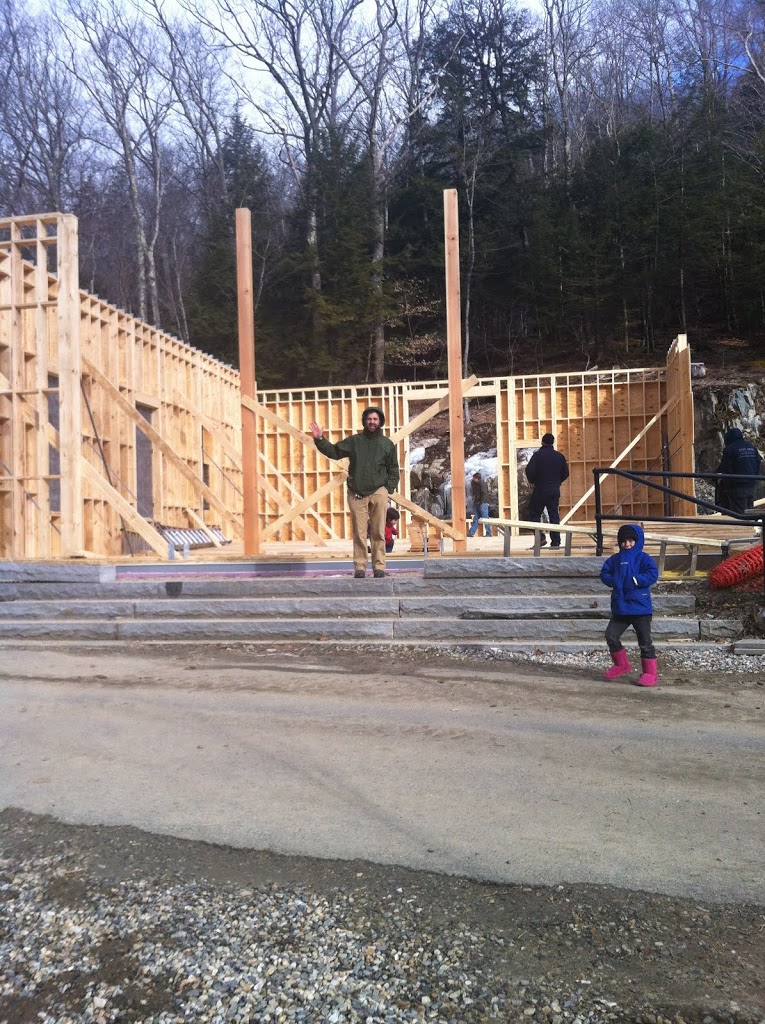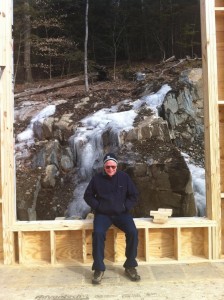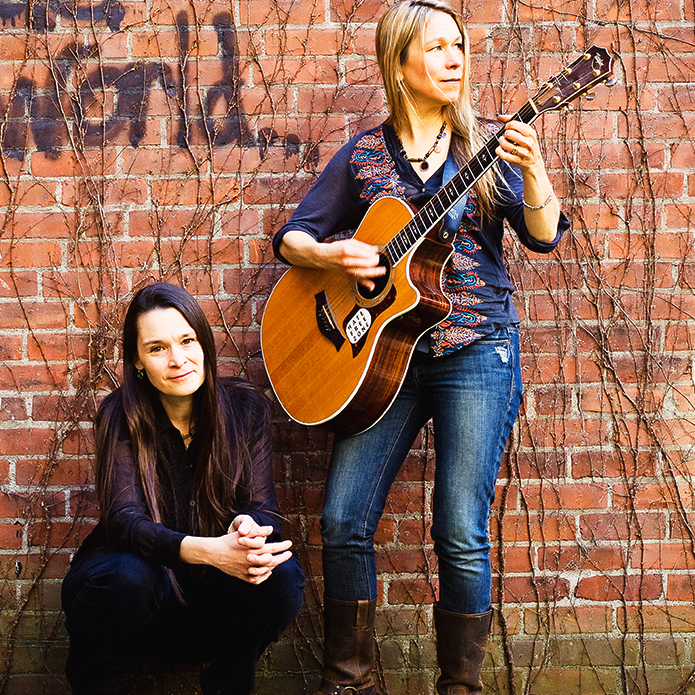Update on our Church
posted January 15, 2012

Last Sunday, we drove up to church. The new building is going up. Two of the four walls are up. There is a new waterfall in the rock behind the new building–something in the blasting caused its existence. There was a way in which I hadn’t really believed our church would ever come back, that it couldn’t really rise from the ashes. But it did. It is.
We could see the new building from the window of the Parish House where we currently hold services. It’s been almost exactly two years to the day that the circa 1839 building burned to the ground due to a faulty furnace. And today we learned that a Congregational church in Somers, CT just burned in an eerily similar fire. Before our service began, we brainstormed about ways to help the other congregation. Most of what we could give, we realized, was our experience.
For scripture, Steve read, “Before enlightenment, chop wood, carry water. After enlightenment, chop wood carry water.”
That’s it. Make a CD, do a load of laundry, pick up the kids, write a song, do a load of laundry, have a party for friends, do a load of laundry, do a photo shoot, raise money for your church that’s burned down…do a load of laundry.





Carrie Newcomer has a song called “Holy As the Day is Spent” which is a reminder of looking for the spiritual in every thing we do, that it is always there, and part of everything. It’s great to see communities pull together like this. I look forward to seeing how it all continues to come together!
That is such good news, and great to see progress! Also, that reminds me, I need to do a load of laundry. 😉
I love that Zen saying!